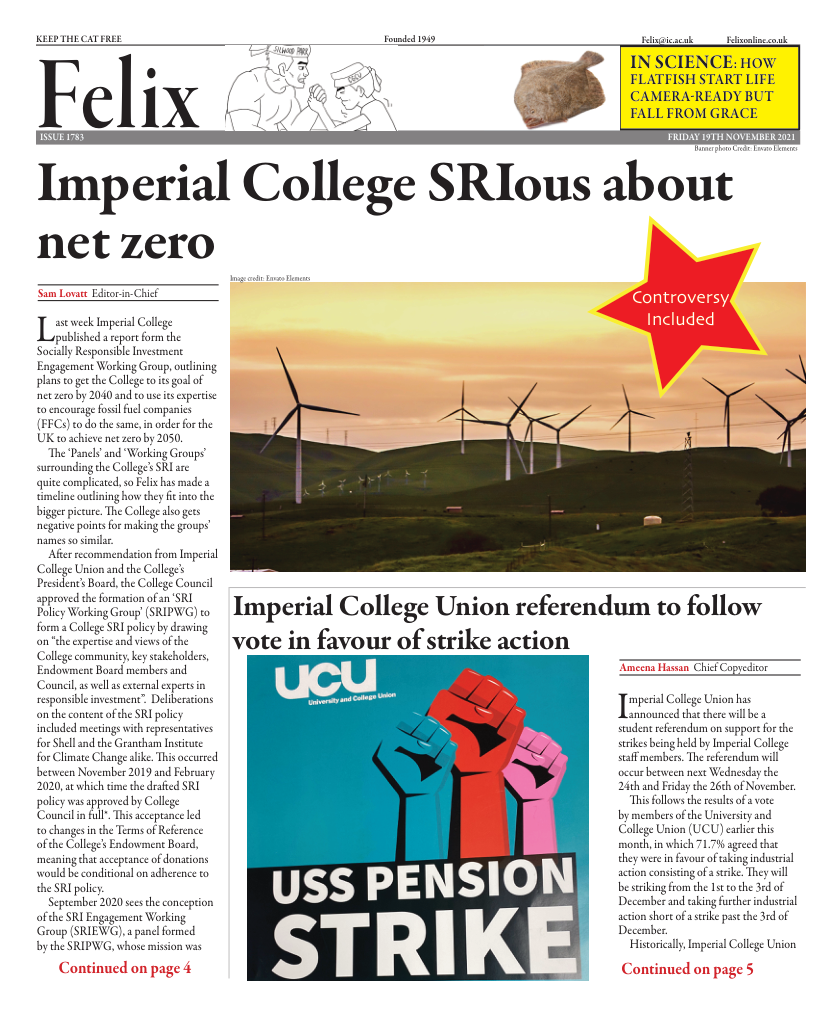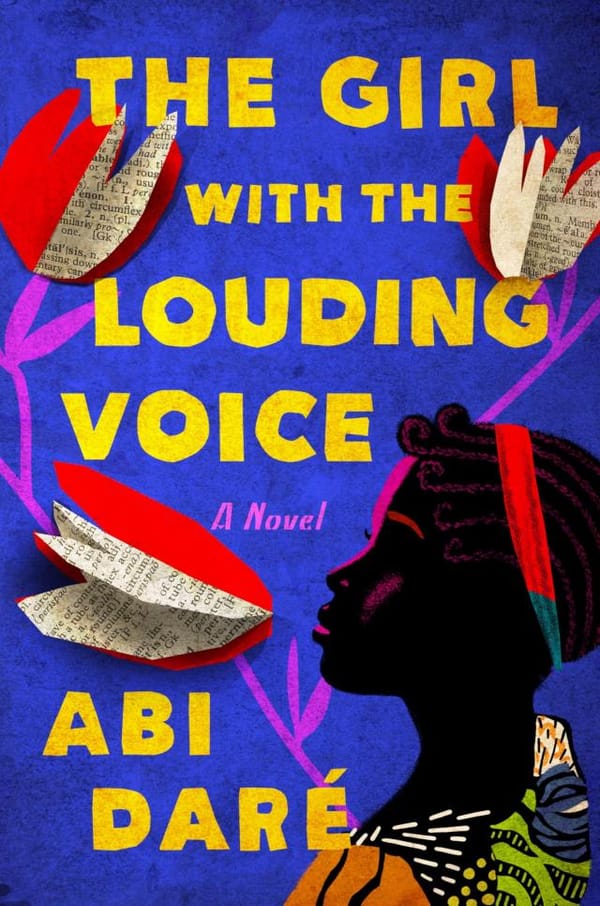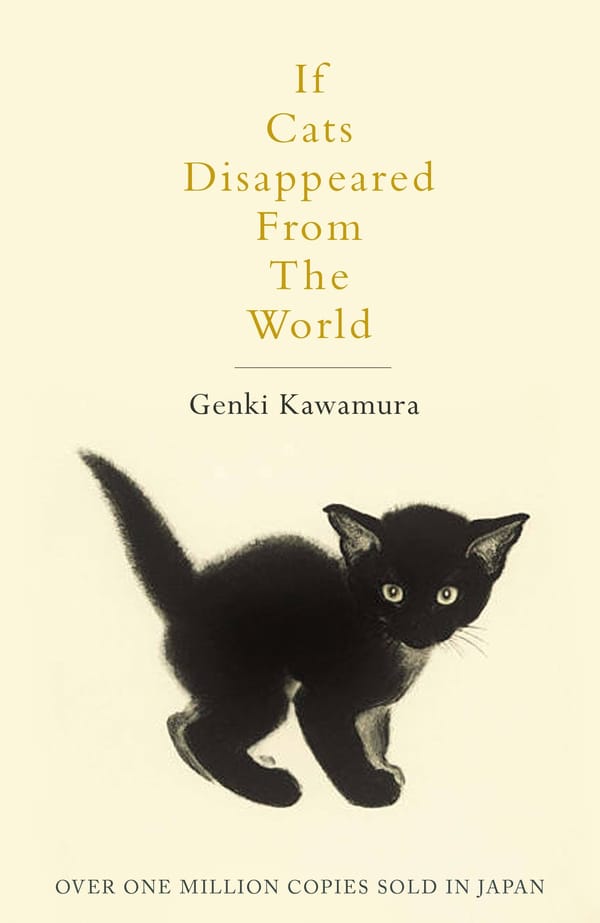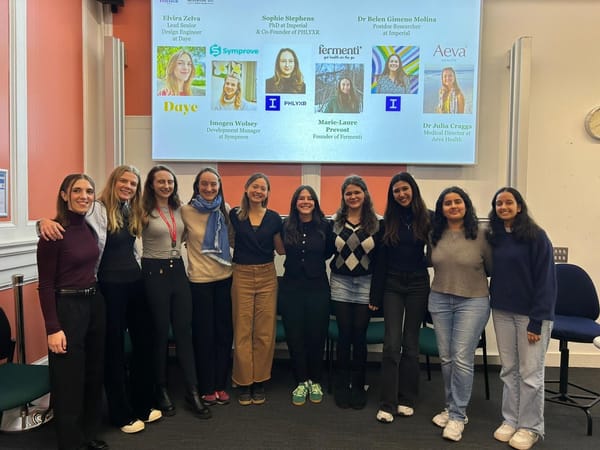Infected at Imperial
How twenty years at Imperial led me to write a book on infectious diseases.
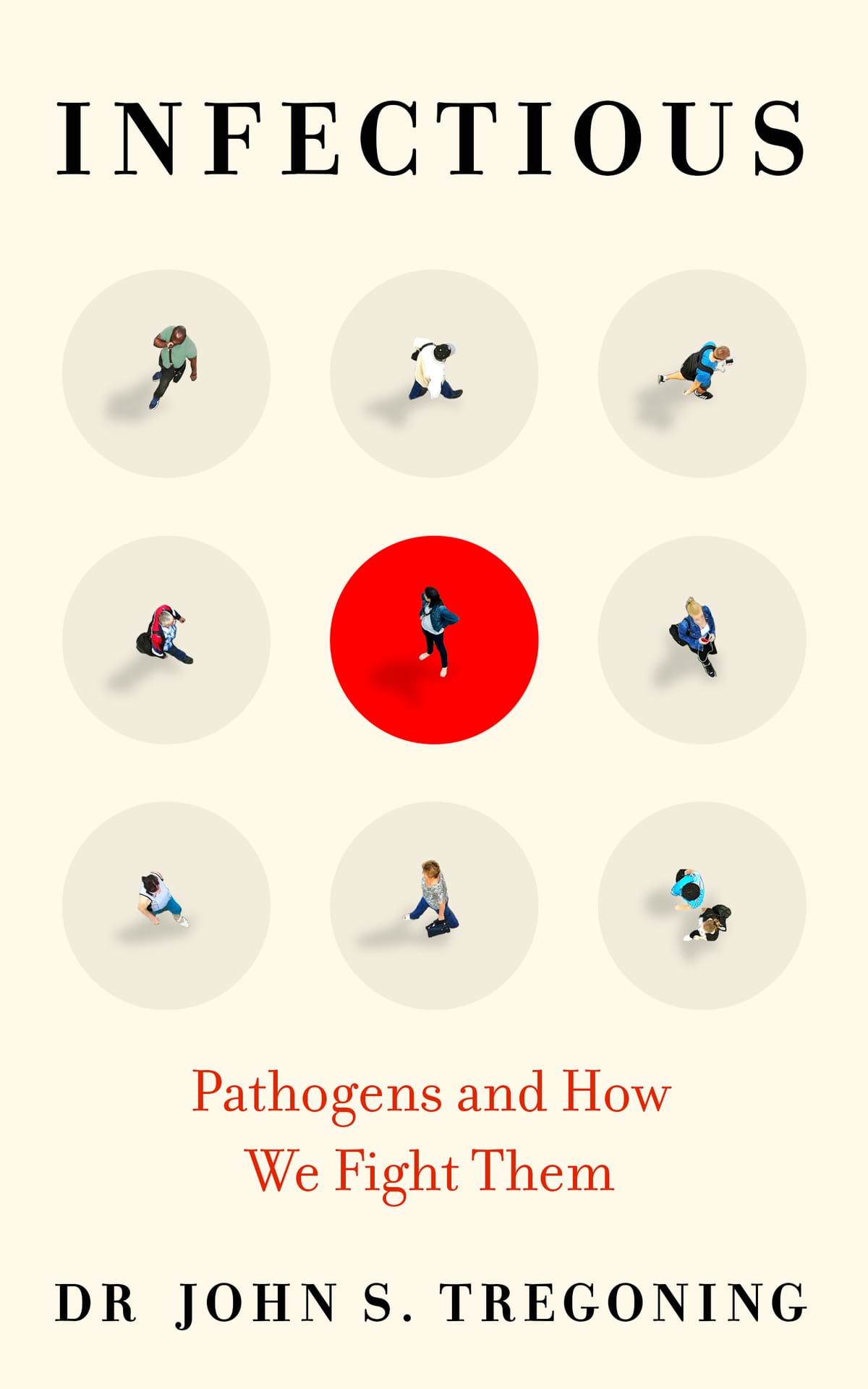
Writing for Felix again after a 20-year gap, I am forced to believe that no one ever really leaves Imperial. Depending on what stage of your career you are in, this may or may not be welcome news. I started in the biochemistry department in 1999 and haven’t ever really left (bar moving campuses occasionally). In that time, I have got my PhD, been appointed as a lecturer, then promoted to reader and published over 60 scientific papers. I’ve also become an adult according to my students - I got married, had 2 children, and bought a house. More recently, I wrote a book - Infectious: Pathogens and How We Fight Them – which is the main reason I have returned to the pages of Felix.
Writing my book Infectious and my experience of studying, then working at Imperial College are intertwined. The core message at the heart of the book is that innovation, underpinned by scientific research, has led to enormous breakthroughs in the prevention and treatment of infectious diseases. The driving force for this innovation are the women and men who have worked in all the different ‘ologies – immunologists, virologists, vaccinologists, epidemiologists, microbiologists, with help from engineers, computer scientists and economists. At Imperial, I have been fortunate enough to work with expert researchers, leading the way in our fight against pathogens. I have also, in my time at the college, made a tiny contribution to the training of the next generation of scientists. The framework of my book is built on the lectures that I give to undergraduate medics and postgraduate immunologist and virologists. So, it is possible that you may recognise some of the dad jokes in there if you have been taught by me, and now have the opportunity to not laugh at them a second time around.
So, what is the book about? It is a celebration of how far we have come in our fight against pathogens. The first half of the book deals with the science behind infectious diseases: it is quite wide-ranging, from microbiology to diagnostics – so hopefully there is something for everyone in there. I attempt to explain the different fields and identify some of the historical figures involved, both famous and infamous. The second half examines the extraordinary progress made in preventing and treating infectious diseases. As a researcher working on immunisation, there is quite a significant skew towards vaccines, but there are also antibiotics, anti-virals, and even a section on fungi for the true ID connoisseur.
Importantly, this isn’t just a COVID-19 book, although it is definitely shaped by the pandemic because I wrote it in 2020. The trigger for writing Infectious came when my lab on St. Mary’s campus was closed due to the lockdown. I wrote in various places – different rooms around my house, trying to hide from my children and the need to home school them – and at various times – in between staring into the wall of initials on teams, wondering if anyone was at the other end of my online lectures. All in all, writing it was a great experience and one of my career highlights so far.
Before I started at Imperial – so long ago in the mists of time that there wasn’t even the internet – I read a popular scientific book about immunology. That book, in part, led me to who I am today – a researcher working on the immune system. One of my great hopes in writing Infectious is to inspire the next generation, even if it is only one person. That person could be you, so why not give it a read? (Available in the College Library and wherever else you get books!)
*Dr John Tregoning is a reader in respiratory infections in the Department of Infectious Diseases, and author of the book INFECTIOUS published by OneWorld.
At Imperial, I have been fortunate enough to work with expert researchers...
Importantly, this isn’t just a COVID-19 book...

